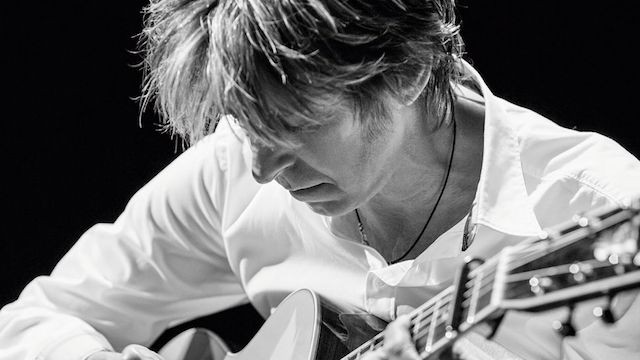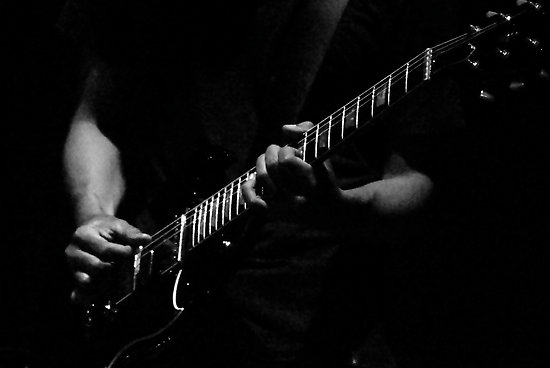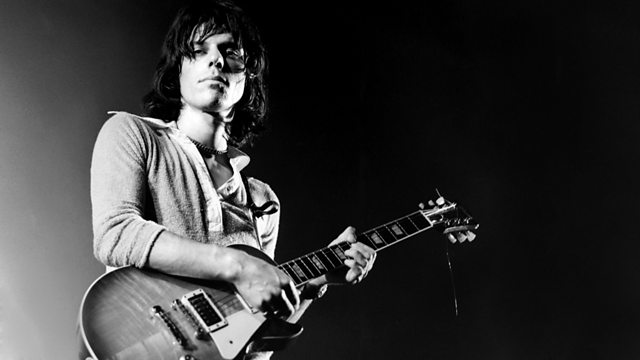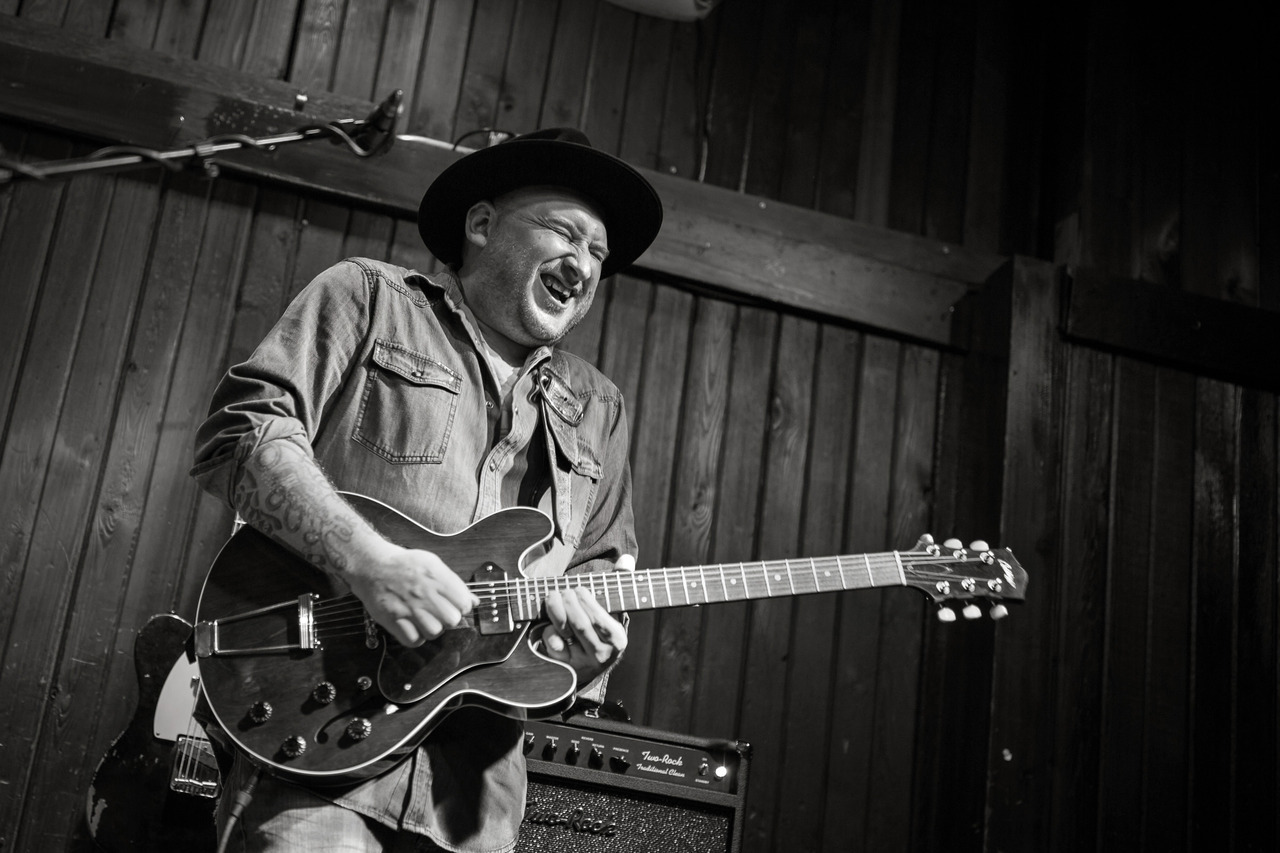1. How much time do you spend actually making music?
Think about how much time you actually spend creating new music. It’s strange but a lot of musicians, especially guitarists, spend about 95% of the time practicing scales, learning other people’s stuff, chords, arpeggios, doing technical exercises etc. and seem to forget to make real music. People want to play like Steve Vai, so they think they have to practice like crazy. It’s true but it’s not. I remember a Steve Vai interview where he’s talking about taking his first guitar lessons and he remarks, ‘Yeah, as soon as we learned 3 chords we were making up stuff…”. Don’t forget to actually use the stuff you’re learning.
2. What are your goals?
Do you want to be a virtuoso, play in a covers band, find your own style or create original music? All goals are valid. Now, what are you doing to make those goals a reality? Your practice routine needs to be aligned to your goals; if not it’ll just lead to frustration and getting stuck in a rut.
3. What are your strengths?
If you don’t have 10 hours a day to practice then playing to your strengths can really advance your playing. By strengths I don’t necessarily mean the things you’re good at but the things you take for granted. These are the things that are easy for you, but you see other players struggling with. These are your real strengths – the things that come naturally to you.
4. How’s that rhythm playing coming along?
As guitarists we concentrate way too much on lead and who can blame us? It’s infinitely more interesting, showy and satisfies the rock god within us all. Rhythm playing on the other hand is probably the most neglected area of guitar study and yet it’s what we do 90% of the time. I think the key here is find material that interests you otherwise it’s all too easy to get distracted and wander up the dusty end of the fretboard.
5. How disciplined are you?
This really ties in with point 2. You need a certain degree of discipline to get the most out of your practice time. This is where having a plan comes in handy. By all means set aside time for free playing but make sure it’s after you’ve done some focused practice.
6. What are your weaknesses?
There is one school of thought in guitar playing which says you should avoid your weaknesses and accentuate your strengths. I partly agree but if one of your weaknesses is a fundamental guitar playing skill such as rhythm playing or chord knowledge then you need to work on it. If you can’t sweep pick or tap then it’s not that urgent, you can get by without those things.
7. Jack of all trades…
… Master of none? Unless your goal is to be a highly paid session player it probably won’t be worth your while trying to master every style of guitar playing. A better idea would be to specialize in 2 or 3 styles that you have a passion for as spreading yourself too thinly can backfire.
8. Ear (s)training, anyone?
I have a theory that the ear (and the voice) is the means through which creativity can be channeled, and to a certain degree, inspiration. If you’re not too keen on ear training, read up on the benefits of it to get some much-needed inspiration.
9. Are you an imitator or an innovator?
A lot of kids, when they start playing guitar, set out to copy their idols. There’s nothing wrong with this but it can get to the point where you can’t distinguish your own style. I never really liked learning other people’s stuff and only did so when I had to. I’ve always thought that listening to certain players is more than enough for their style to rub off on you. People often tell me I sound like such and such player though in truth I probably couldn’t play a single one of their licks. By all means get inspired by the greats but work on your own greatness too.
10. Do you have too much gear?
You can probably never have enough guitars, but effects pedals and stomp boxes require a little more discipline. You know the situation: you spend hours, days, weeks even perfecting your tone with the essential combination of effects pedals, amp settings, wind direction and whatnot only to find that when someone hands you a beat-up bargain bin guitar with the strings a full inch off the fretboard and plugs it into a farty little amp at a party, your confidence kind of goes out the window.
About 90% of your tone comes from your fingers; the other 10% is merely decorative. You should be able to play and sound good on any instrument or combination of effects and amps, plus this is a really good skill to have once you start looking for gigs.



